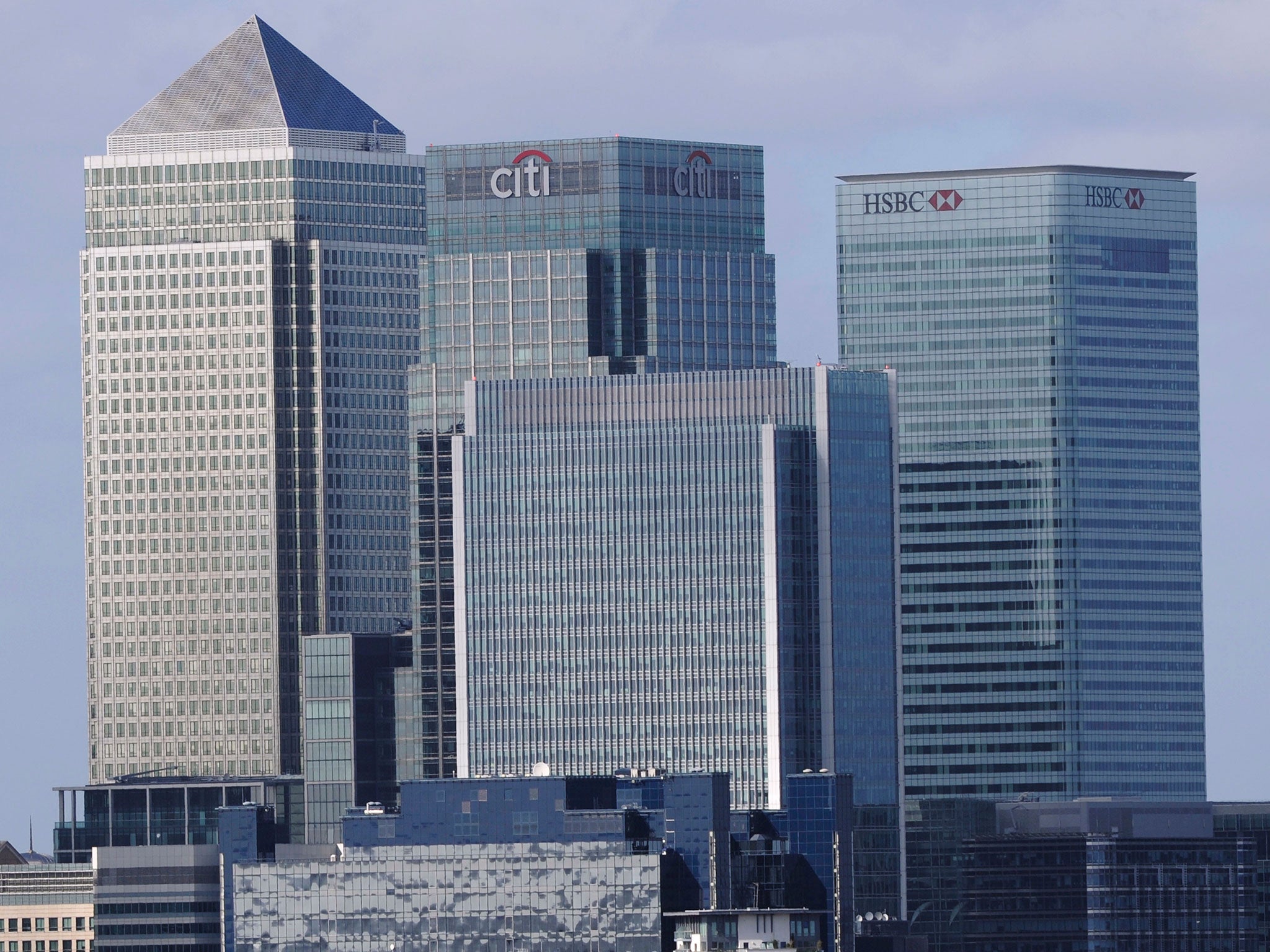If Schroders wings it on governance, why can’t everyone break the rules?
Outlook

Question: in what part of society are you allowed to break rules whenever you want just as long as you are prepared to give your reasons for doing so?
Readers of this column probably won’t be surprised to learn that it is in the City, where the corporate governance code operates on the basis of comply or explain why you don’t think the rules should apply to you.
The concept is much cherished, with advocates praising its “flexibility”. To be fair, it mostly works. “Comply” is seen as best practice and most companies want to operate in line with that. Those that don’t have to put up with the complaints of stroppy shareholders – and, worse still, their share prices may be hit by a “governance discount”.
Unfortunately this happy outcome is now under threat, and it is due to the actions of an institutional investor that ought to be a champion of full code compliance.
Schroders, part of the City’s aristocracy, is flying in the face of best practice by bumping its outgoing chief executive Michael Dobson up to the chairmanship.
The chairman of a public company is supposed to be independent and has the job of running the board and ensuring effective communication with shareholders. The code also says “a chief executive should not go on to be chairman of the same company”. There are many good reasons for this, not least that it isn’t particularly healthy for a new boss to have their predecessor looking over their shoulders.
But this being the City, the code contains a caveat: “If exceptionally a board decides that a chief executive should become chairman, the board should consult major shareholders in advance and should set out its reasons to shareholders at the time of the appointment and in the next annual report.”
Schroders says it has done that and, in effect, has made the decision to flout the rules because Mr Dobson is a wonderful chap and knows his stuff. Which completely misses the point.
The City likes to portray Britain as a leader in corporate governance – an example of how things should be done that Johnny Foreigner could learn from, especially those dreadful Americans.
That the truth has never quite lived up to that reality is demonstrated by a long and sorry list of scandals. Some of the worst of them have been at natural resources companies from the former Soviet Union and elsewhere, which came here because they coveted London’s deep pool of capital – remember ENRC? But there are plenty of domestic examples too.
Schroders’ senior independent director, Lord Howard of Penrith, says in a letter to shareholders that “the board does not regard this appointment as setting a precedent at Schroders, and the separation of the roles of chairman and chief executive remains in place”.
The problem, however, is the precedent that has been set for the rest of the City. When Schroders – a hugely important institutional investor that ought to be policing the rules on behalf of the millions of people who invest in its funds – openly thumbs its nose at them, what sort of message does it send out to others?
‘Rough Diamond’ Admiral has played it by the book
The car insurer Admiral is just the sort of place one might have expected rules like these to be broken. The outgoing chief Henry Engelhardt is also the founder and it wouldn’t have been a huge surprise had the company sought to bump him up.
However, Admiral is doing things the right way. Mr Engelhardt is handing over the reins to David Stevens, who currently serves as chief operating officer, and will work under the chairman overseeing the company’s price-comparison websites on a part time basis. Some may see that as a reasonable thing to do. Confused.com has found the going tough but there is a huge opportunity in developing the service in Mr Engelhardt’s native US, where he could play an important role.
Regardless, he’s going out with a bang. The shares soared after Admiral released results for 2015 described by him as “the year of the uncut diamond” when people had expected “a lump of coal”. The metaphors can be forgiven bearing in mind Admiral’s long-term performance, capped by this sparkling set of results.
Business news: In pictures
Show all 13Business jitters on Brexit send a message to voters
Spring has officially started, but the outlook is increasingly wintry for the economy. The latest Markit/Cips purchasing managers’ index for the UK’s dominant services sector shows the slowest growth for three years.That makes it a triple whammy of gloom given the similarly gloomy Markit/Cips surveys of the construction and manufacturing sectors earlier this week.
John Longworth, director-general of the British Chambers of Commerce, claimed the reason was that British companies are stuck between “the devil and the deep blue sea” when it comes to the EU referendum. He argued that the bloc is basically unreformed.
But consider the three sets of Markit/Cips figures. Fears over possible Brexit played a big role in them as businesses from all sectors are battening down the hatches and sitting on their hands, postponing decisions on spending, hiring and investment until the result of the vote.
Amid increasing signs of something approaching panic among businesses, voters might well think they are better off with the devil they know.
Subscribe to Independent Premium to bookmark this article
Want to bookmark your favourite articles and stories to read or reference later? Start your Independent Premium subscription today.

Join our commenting forum
Join thought-provoking conversations, follow other Independent readers and see their replies